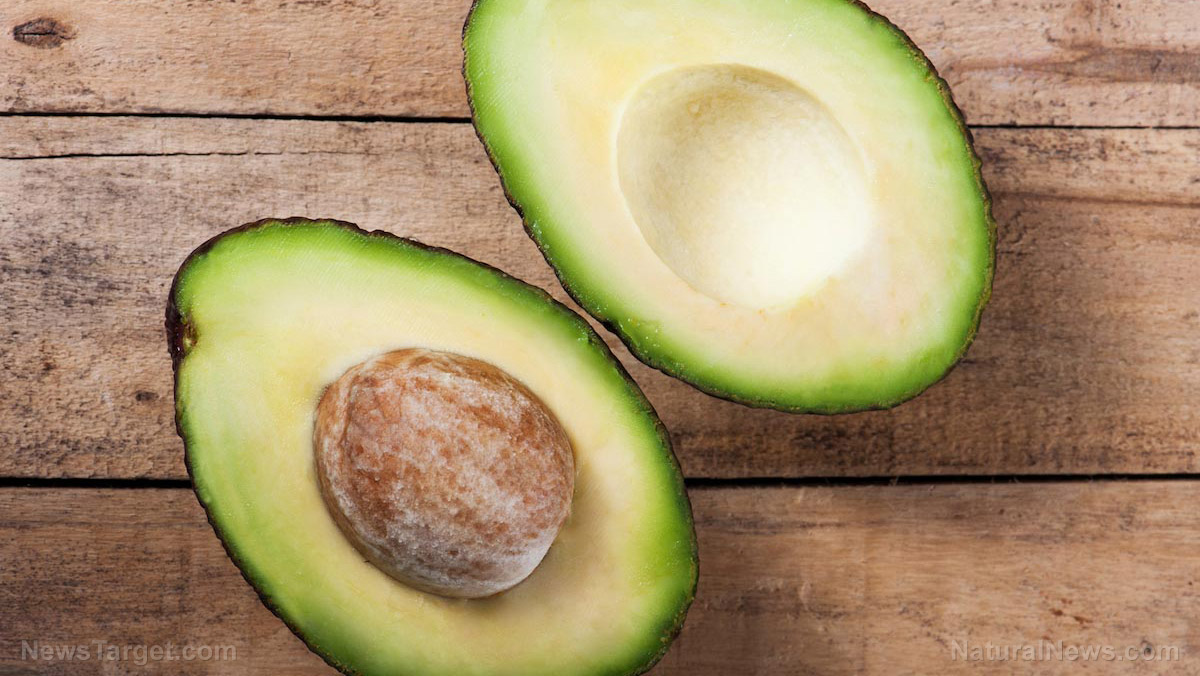
As of this writing, the European Union (EU) has set an ambitious target of reaching up to 70 percent recycling targets for waste, including plastic waste, by the time the year 2020 arrives. This applies to all of the EU's member countries and is being implemented in order to combat plastic pollution's environmental and health threats.
The problem is that even with recycling, the overall issues are not fully eradicated. The main reason is that there are hard limits to the number of times that plastics can be recycled before they simply aren't usable anymore. At that point, it becomes a problem of how to quickly dispose of them, and that is done through either burning them or simply chucking them out to the landfill. And that is where they can really become a problem, as plastics are not that biodegradable and can stay intact for hundreds of years.
Now, the EU has also begun to take that into account. In the search for a proper solution, the EU has funded the P4SB project, which aims to find innovative ways of getting rid of plastics once and for all. So far, they have already landed on one working solution, and it is rooted in the complex science of synthetic biology.
A natural solution for a man-made problem
According to Nick Wierckx, the Project Coordinator for the P4SB project from Germany's RWTH Aachen University, their method involves simply breaking down plastics with the use of custom-made bacteria. "With our partners we have modified natural bacteria, producing new designs that can live off plastics and break them down into useful end products that can be used to make new, biodegradable plastics," he explained. "This effectively removes the damaging effects of plastic waste from the environment at the same time as producing economically attractive raw materials." (Related: Plastic BAN List highlights the 9 top sources of plastic pollution.)
Wierckx's team arrived at their innovative solution mainly due to the fact that it is a simple yet clearly viable option. After all, he said, bacterial decomposition is a universal thing in nature, and that all organic matter tends to break down into "nothing" over time. However, since man-made plastics are so new, bacteria still haven't had the chance to learn how to really process them. "So we are designing and creating new bacteria to do this in contained bioreactors," he said.
So far, the P4SB project's researchers have come up with a multi-stage process that can be done at a laboratory scale. And at the end of it all, they plan to look for ways of recovering molecules for PHA, a known source material for biodegradable plastics which bacteria tend to store inside themselves – just like how humans store fat in their bodies. If successful, the researchers could then pivot towards a new manufacturing phase that creates something new out of the recycled materials. And that would pretty much be the best case scenario for everyone.
Read more about innovative solutions to environmental problems in Science.news.
Sources include:
Please contact us for more information.























